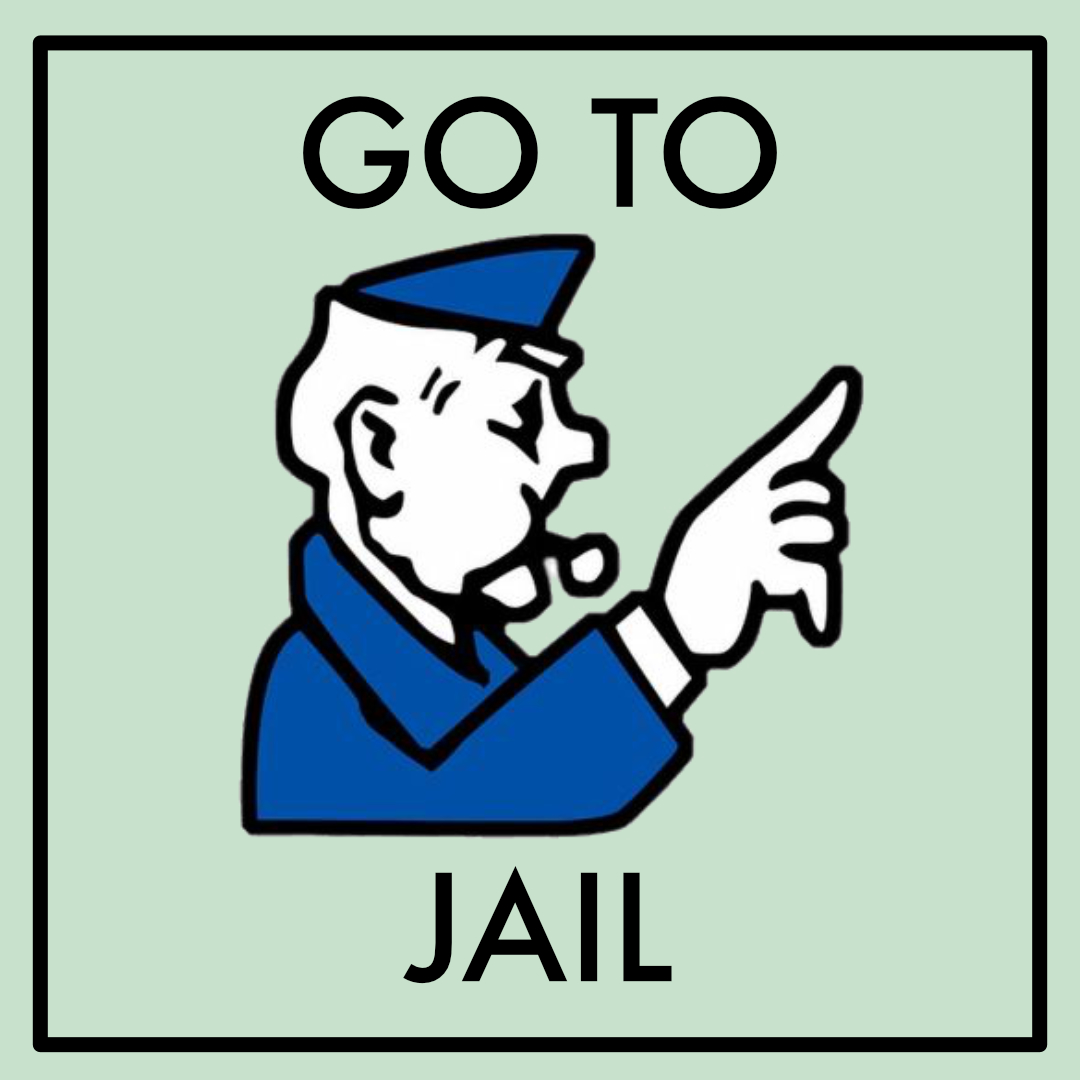
Adding a surcharge of 50p or £1 for card vs cash payments is breaking the law and you risk prosecution. And worse…
The Consumer Rights Regulations on Payment Surcharges prohibit retailers from making money from fees applied to card transactions. As you might expect, the Consumer Rights Regulations are written in legalese and have been amended multiple times. You’re welcome to plough through the paperwork for yourself but we’ve done it and here is what you need to know as a retailer.
Profiting from card charges is unlawful
Since 2018, businesses across Europe have not been permitted to add surcharges to customer’s card payments. You can levy a charge on card payments but you must not profit from it. The charge must not exceed the actual cost to you, the retailer, for the transaction.
The Consumer Rights Regulations on Payment Surcharges prohibit retailers from charging for card transactions
For example, a typical card handler levies 1.69% on transactions. Thus, on a £10 ticket, the card handler takes 16.9p. The cost to the retailer is, then, a lot less than the typical 50p and £1 surcharges we see being added.
Complicated mathematics
But you can add a charge to cover your costs, so add the 16.9p for a card payment, yes? Because the charge from your card handler is levied on the total transaction, if you charge £10.16 for card payment, then it is a slice of that price, not the tenner, that your card handler will levy. If you want to work out the exact, maximum amount you can legally add to cover the transaction charges then you’ll need to do some algebra.
If you have different charges on the door for different services; say £10 for social dancing, £15 for a class, £20 for both, then you need to calculate individual card charges for each of these prices if you want the customer to absorb the cost of the transaction and stay on the right side of the law.
It’s not worth it
Calculating the exact cost of individual card payments is complicated. Debit cards, credit cards, and digital payment gateways (PayPal, Stripe, Google Pay etc) may all have different transaction charges.
The cost to the retailer is made up of several different fees including; Merchant Service Charge, Interchange Fee, and an Authorisation Fee which is charged even if the card is declined. On top of that, there are cost elements that are fixed, monthly charges that are not specific to individual transactions. For example, you may be paying a monthly flat rate to your card handler for a reduced transaction fee.
Cash vs card: What is the cost?
Cash transactions are not free, despite what the Facebook memes say. Cash takings need to be reconciled with the written ledger from the point of sale and then input into your digital ledger – because you, or your accountant, need all of your financial records in digital spreadsheets. Either way, time is money. Then you need to bank the cash – more time and travel costs and some business accounts charge for cash deposits. In practice, cash transactions can be more expensive than card ones and certainly a lot less convenient.
The upshot is that calculating the exact cost of each, individual card transaction is very difficult. Coming up with a formula to calculate the cost to pass on to the consumer and then implementing it in your pricing is a nightmare. But there is a simple solution.
Charge the same price regardless of the customer’s chosen method of payment – cash or card, same price. End of story.
Get caught, get prosecuted
If you are thinking you won’t get prosecuted for your card payment surcharges, you’re wrong. Any member of the public can report you and if you think the Trading Standards Authority is only interested in big companies, not your modest enterprise, then think again.
When the chips are down…
Duran Sasmaz, owner of Aran Fish and Chip Shop in Llangefni, on Anglesey, charged customers an additional 50p for card payments on transactions of less than £15. He was charged with breaching trading regulations in March 2023, pleaded guilty, and was fined £1,512.
Aside from an aggrieved customer or a business rival grassing you up, a bot might find you out. Trading Standards uses scripts that trawl websites looking for likely offenders. If you indicate on your website that you charge more for card payments, you’re announcing your breach of trading standards regulations. But it’s not just Trading Standards who watches your pricing policies, so does the HMRC.
Why do you favour cash payments?
You are an honest trader and you declare all your cash transactions in your tax returns. But the HMRC does not trust you.
- Trading Standards Authority: Penalising customers for card payments is illegal – we will prosecute
- HMRC: Discounting cash payments is suspicious – we will investigate
Offering a discount for cash suggests you favour cash over card and the HMRC will suspect you do this because you are under-declaring your earnings. The HMRC might decide to investigate you and you really, really don’t want that.
Read more
- The Consumer Rights (Payment Surcharges) Regulations 2012 – gov.uk
- Card surcharge ban means no more nasty surprises for shoppers – gov.uk
- Payment Surcharges – Business Companion
- How Much are Credit Card Processing Fees in the UK? – Business Expert
- Credit Card Processing Fees (2024 Guide) – Forbes Advisor
- Anglesey chippy fined for charging extra to pay by card – BBC News
- Credit Card Processing Fees: A Comprehensive Step-by-Step Calculation Guide – Highradius
- Transaction fees definition: Types, how to calculate & more – Builder.ai
- The Cost of Cash on Your Business – Wind River Payments
- Credit and debit card fees and how to reduce them – Truelayer
